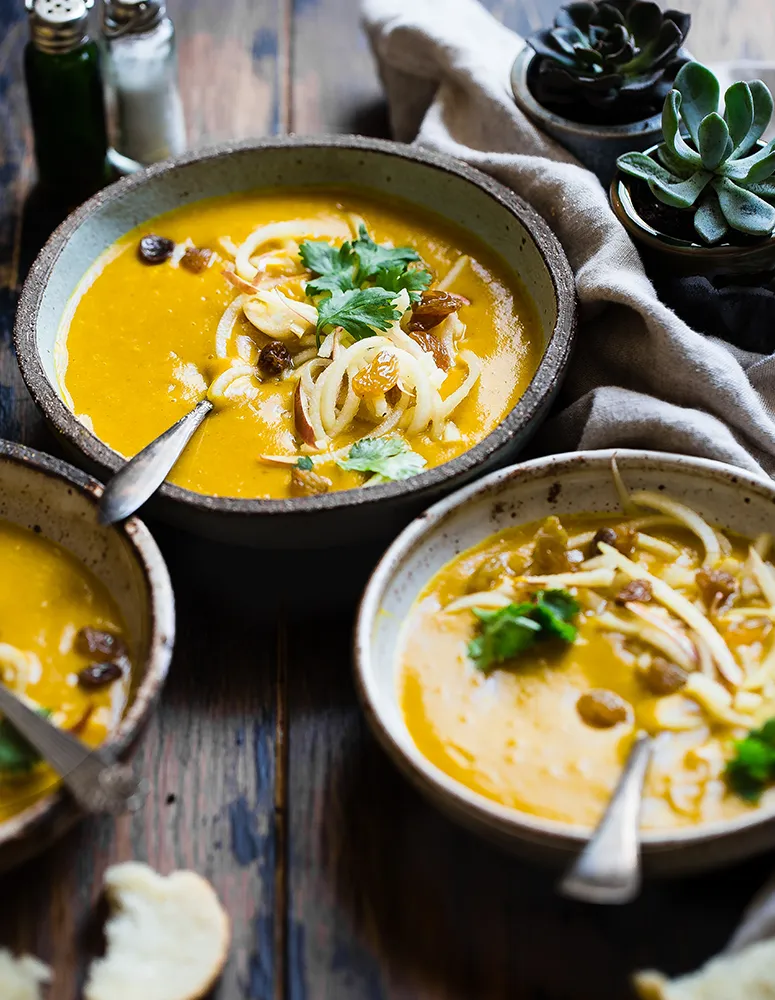What to eat to de-stress
We all have days when we can’t wait to get home and pour ourselves a drink, microwave some mac ‘n cheese, or order in a pizza or a quart of ramen. Alcohol and comfort foods are famous de-stressors. And, although they’re as unique to you as your family, culture, and upbringing, they tend to share certain commonalities: they’re usually loaded with fat and carbs. So, while indulging in your traditional comfort foods occasionally is fine, you probably don’t want to make a steady diet of them. Yet, with the constantly increasing, 24-hour stress I call Cultural Stress, we’re more motivated to turn to comfort foods for stress relief than ever.
Fortunately, there are foods that can provide a healthy platform for stress relief. Many of them work by reducing your cortisol levels—and cortisol is the key hormone responsible for the body’s stress response. It’s called “the stress hormone” because your adrenal gland releases it in response to a stressful situation (an upcoming performance review), or when your body is under physical stress (pulling several all-nighters or fighting an illness). It’s central to your body’s “fight, fly, or freeze” response, which evolved to be a life-saver—giving your body the energy needed to respond to a threatening situation.
Cortisol serves a number of key roles in the body, including:
- Increasing blood sugar
- Regulating blood pressure
- Reducing inflammation
- Regulating sleep cycles
- Reducing inflammation.
- Regulating the body’s use of carbohydrates, fats, and proteins.
Unfortunately, constant cortisol production in response to ongoing stress can lead to chronic disease, including high blood pressure and chronic inflammation. That’s why managing stress is the number-one recommendation for reducing cortisol levels.
Eating to reduce cortisol levels
Aside from reducing stressful situations, and getting plenty of exercise and sleep, an anti-inflammatory diet is the best dietary way to moderate cortisol production. The Mediterranean diet is well-suited for this. It emphasizes fish, poultry, nuts and seeds, legumes, vegetables, fruits, whole grains, and healthy fats and minimizes processed foods and sugars. In fact, the Mediterranean diet is great for overall health and wellness, including stress relief.
Beyond that general recommendation, here are some specific foods that help combat stress by lowering your cortisol.
Foods high in vitamin B. These include whole grains and protein sources such as beef, chicken, eggs, liver, and nutritional yeast.
Foods high in omega-3 fatty acid. These include fish like salmon, herring, mackerel, sardines, anchovies, and tuna; oysters, avocadoes, flax and chia seeds, walnuts, and olive oil. All are inflammation-fighters.
Magnesium-rich foods. This mineral is good for fighting inflammation, metabolizing cortisol, and relaxing both the body and mind. (In addition to eating it, you can also apply it topically to sore muscles for instant relief!) Magnesium-rich foods include avocadoes, bananas, broccoli, dark chocolate (my favorite stress-reducer), pumpkin seeds, and spinach.
Protein-rich foods. In addition to containing high levels of B vitamins, protein helps to balance blood sugar levels, which cortisol tends to spike. In addition to meats and seafood, other good sources of protein include almonds, beans, eggs, lentils, peanuts, and quinoa.
Gut-healthy foods. A healthy gut microbiome is essential to a high-functioning immune system, which protects us from the stress of physical illness. That’s why probiotic-rich foods like yogurt, kombucha, kefir, kimchi, and sauerkraut are great additions to your diet. These foods also help to balance blood sugar and reduce cholesterol (with corresponding benefits on blood pressure and cardiovascular health).
If you need to de-stress in a hurry
Stress management through food is a long game, not a get-relaxed-quick trick. That said, magnesium-rich foods are a good choice if you’re trying to unwind and want a little natural assistance.
Good, snackable sources of magnesium include bananas, dark chocolate, and pumpkin seeds.
Consider an alternative to alcohol
Some of the stress-relieving power of a nightly “adult beverage” is the ritual aspect: kicking off your shoes, shedding your work clothes, cracking open the beer, pulling the chilled mug from the freezer, collapsing into a comfortable chair—all of these actions signal to your brain and body that the work day is over, even before you’ve taken a sip. They’re physical cues that it’s OK to relax.
The same can be true, of course, for a glass of wine or a cocktail, instead of beer, or a regular meeting of friends at the neighborhood pub. But if you’d like to cut down on alcohol consumption (and there are many healthful reasons why you might), you can get a lot of the stress-relief by pouring one of these instead:
- A splash of fruit-flavored kombucha in a tall glass of sparkling water over ice.
- One of the many new pre-mixed non-alcoholic beverages now available that use calming ingredients to imitate the mild euphoria of alcohol without its drawbacks. Examples include:
- Tranquini (containing green tea extract, L-theanine, chamomile, and lemon balm in fruit-flavored sparkling water)
- Recess (containing magnesium and adaptogen-infused sparkling water)
- Tru Kava (a kava root-infused sparkling beverage)
- Wowie (a hemp-infused sparkling water)
- Zenify (with vitamins, magnesium, L-theanine, glycine, and GABA)
Don’t rely solely on food to de-stress
A healthy diet is an important part of stress management, but it’s only one leg of the table. You also need exercise, sleep, and connection to other beings. For best results, you’ll want to invest in all four. That’s why enjoying a walk or other physical activity with friends, followed by a healthy dinner with friends, followed by a good night’s sleep—with or without friends!—is the grand slam of stress relief. It covers all the bases: diet, exercise, connection, and sleep.
And that’s #ModernWellness!
